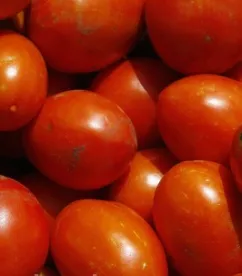On September 7, 2022, the U.S. Department of Agriculture’s (USDA) Animal and Plant Health Inspection Service (APHIS) announced that it reviewed a new tomato from Norfolk Plant Sciences. The tomato was modified to alter its color and enhance its nutritional quality. APHIS found the plant is unlikely to pose an increased plant pest risk compared to other cultivated tomatoes and is not subject to regulation under 7 C.F.R. Part 340. That means, from a plant pest risk perspective, the plant may be safely grown and used in breeding in the United States.
APHIS announced on September 30, 2022, that it reviewed a modified corn plant from Agrivida, Inc. The corn was modified using genetic engineering to alter animal feed quality for improved digestion. APHIS also reviewed a modified potato from Toolgen, Inc. This potato was modified using genetic engineering to alter tuber quality by reducing browning. APHIS states that it found these plants are unlikely to pose an increased plant pest risk compared to other cultivated corn and potato and, thus, they are not subject to regulation under 7 C.F.R. Part 340.
APHIS’s Regulatory Status Review (RSR) responses under the revised biotechnology regulations at 7 C.F.R. Part 340 are available online. In each case, APHIS based its responses on information from the developers and its:
-
Familiarity with plant varieties;
-
Knowledge of the traits; and
-
Understanding of the modifications.
Under 7 C.F.R. Part 340, developers may submit a request to APHIS for an RSR when they believe a modified plant is not subject to regulation. APHIS reviews the modified plant and considers whether it might pose an increased plant pest risk compared to a nonregulated plant. If APHIS’s review finds a plant is unlikely to pose an increased plant pest risk relative to the comparator plant, it will issue a response indicating the plant is not subject to the regulations.




 />i
/>i

